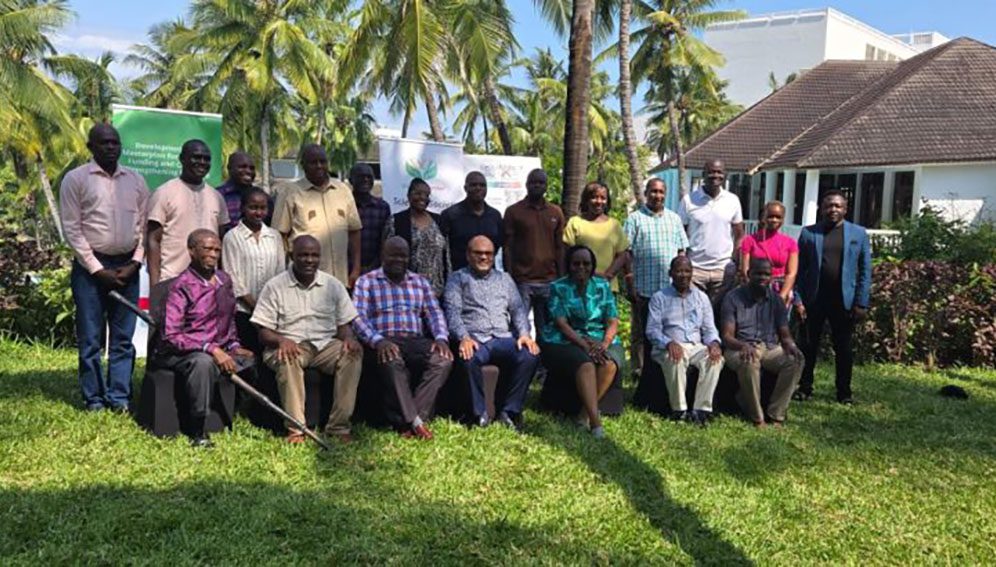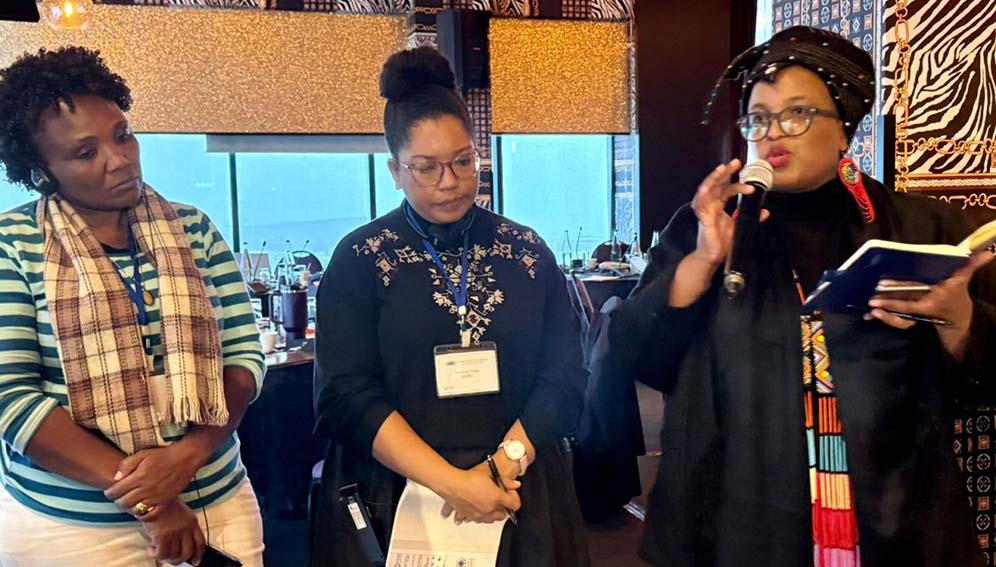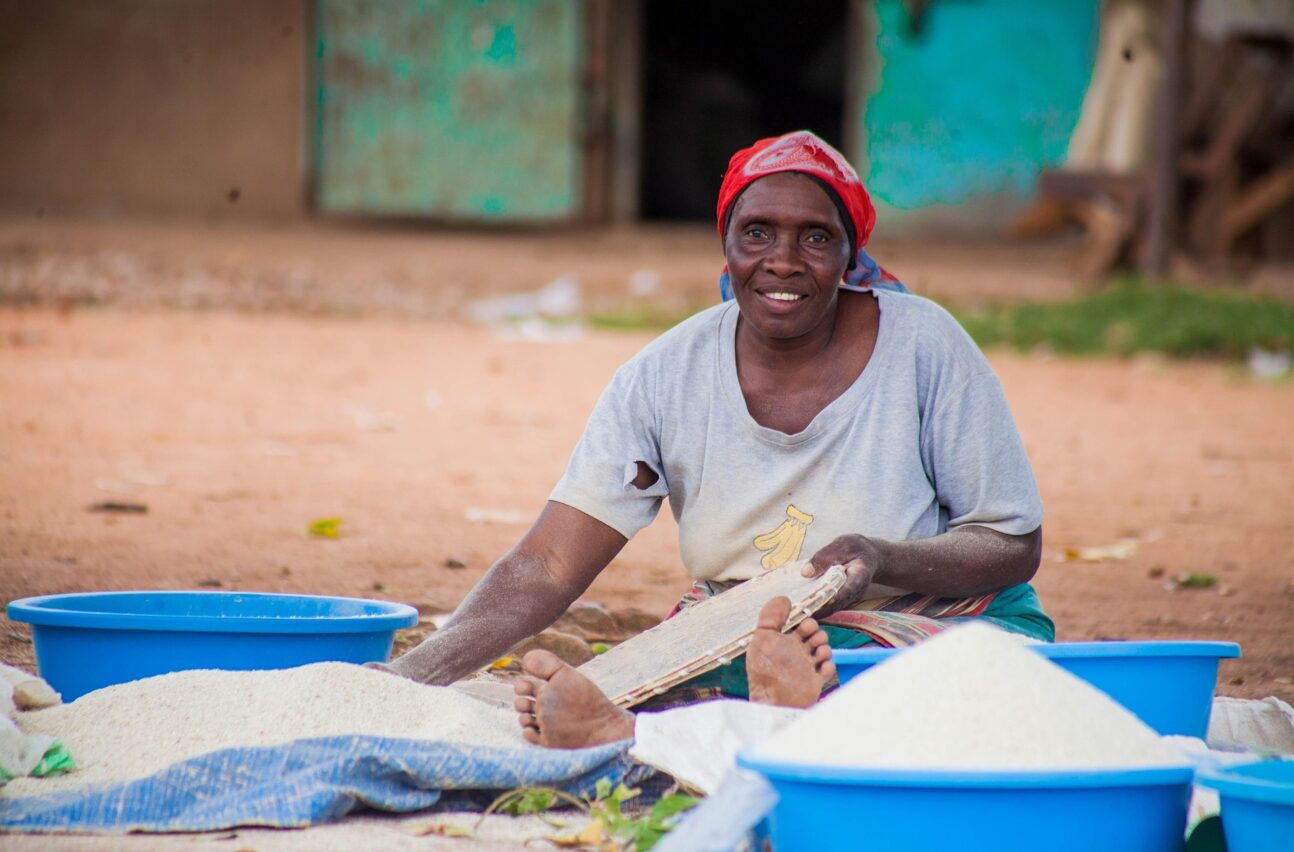SGCI News
Martinha spends 80 Meticais (2.54) for a round trip to buy a 20 litre bucket of both Mapfilua or Monkey oranges and then sells in small portions for 50 meticais…
Martinha spends 80 Meticais (2.54) for a round trip to buy a 20 litre bucket of both Mapfilua or Monkey oranges and then sells in small portions for 50 meticais ($.79 cents). These fruits and plants are turning into a business commodity and the locals are yet to be informed about their value and importance.
“What motivates me is that I know I will be trained on the basic training on processing these native fruits. I that heard some people in this district benefited from the activities of the collaborative research project carried out in Namibia and Mozambique. So I know that one day my turn will come and I will not be by the road side forever”, Martinha said.
She added that she wants to be like other people she has seen making yoghurts from native fruits in her village.
Speaking to this publication, in agreement to the sentiments, head of International Cooperation at Mozambique’s national Research Fund, FNI, Edson Faria, said if people in some districts of southern Mozambique can be trained on how to process native fruits and vegetables to add value, it will lead to food security and economic growth because the country will be selling and consuming their own products.
According to Faria, as a way to educate the communities about environment conservation, the government of Mozambique, through the National Research Fund, FNI Under the auspices of the Science Granting Councils Initiative (SGCI), has carried out a study of the perception of the local actors about the causes of deterioration of the fruit trees, as well as their economic, social, and environmental importance.
Read more here:
Related News
NRF Kenya leads first-ever national master-plan for research funding
The National Research Fund (NRF) Kenya is leading the development of the country’s first-ever Masterplan for research funding. The Masterplan is a strategic step toward transforming Kenya’s research landscape. Backed by strong government support and international partnerships, the Masterplan aims to align national research investments…
TETFund, Innov8 Hub showcase innovations at research demo day
The Tertiary Education Trust Fund (TETFund) and Innov8 Hub have concluded the Science Granting Councils Initiative (SGCI) Demo Day, an event that highlighted Nigeria’s growing capacity to transform academic research into market-ready solutions. TETFund, Nigeria’s representative council for SGCI, partnered with Innov8 Hub to support…
HSRC pushes for inclusive research systems at SGCI gender summit
The Human Sciences Research Council (HSRC) hosts the Science Granting Councils Initiative (SGCI) Gender Equality and Inclusion (GEI) learning summit and calls for a more inclusive research landscape. The event marked the culmination of a three-year project aimed at embedding gender equity and inclusivity into…
Research and Resources
SGCI funded projects
Zambia’s top researchers pioneer solutions for climate resilience, food security, economic growth
Project Titles & Institution Areas of Research Number of Projects being funded Project Duration Grant Amount In-Kind Distribution Council Collaboration with other councils





